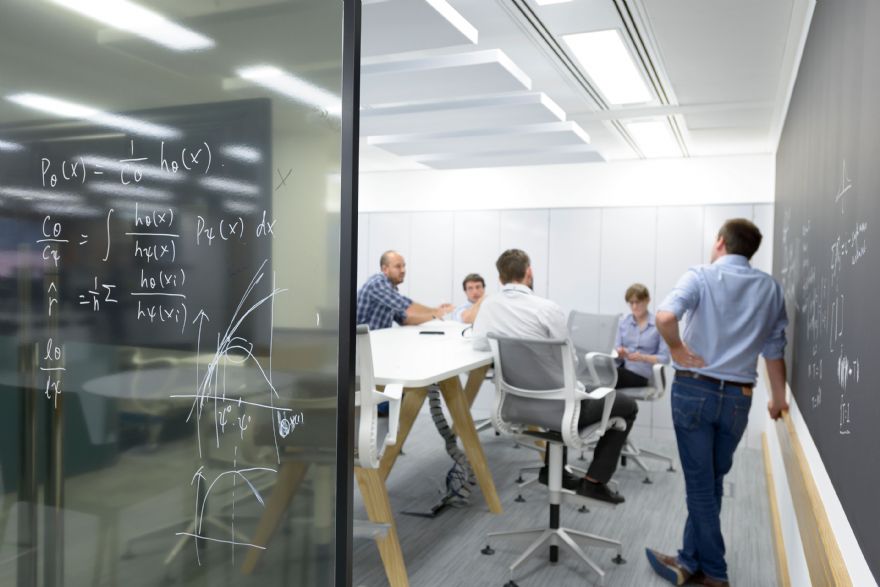
The
Alan Turing Institute (Turing) and the
University of Sheffield Advanced Manufacturing Research Centre (AMRC) have signed a Memorandum of Understanding (MoU) to work together to identify opportunities for artificial intelligence (AI) adoption in manufacturing, accelerate research collaboration and boost skills development.
The two organisations will draw on their considerable R&D skills across manufacturing, data science, machine learning and AI. Researchers from the Alan Turing Institute and the AMRC hope to identify, and find solutions to, some of the grand challenges facing the manufacturing sector such as meeting increasing demand and the response to Covid-19.
The AMRC is a network of world-leading research and innovation centres working with manufacturing companies of all sizes world-wide. The AMRC is part of the High Value Manufacturing (HVM) Catapult, a thriving alliance of seven technology and innovation centres that work with industry to help bridge the gap between technology concept and commercialisation.
The Turing is the national institute for data science and artificial intelligence, with headquarters at the British Library in London. It undertakes research which tackles some of the biggest challenges in science, society and the economy.
Mutual research areas of interest in the agreement between the Turing and the AMRC include: uncertainty quantification, human-centric design, privacy-preserving technologies, including utility and application of synthetic data.
At the Turing, the collaboration will be led by the Institute’s dynamic Data-Centric Engineering research programme, a major £60 million research initiative funded by the Lloyd's Register Foundation.
The agreement demonstrates an important step for the programme as it seeks to consolidate a research strategy in the domain of manufacturing. Looking forward, it is hoped the new collaboration is the first of many in this research area.
Mark Girolami, the Turing’s programme director for Data Centric Engineering, said: “Establishing ties with the AMRC is essential to furthering our strategy in the area of manufacturing.
“Having access to a national network of manufacturing research expertise, combined with the unique skill set of Turing researchers, creates an exciting opportunity for innovative, solution-led research outcomes that address key challenges such as maximising automation, integrating intelligent software, increasing capacity, and reshoring, facing the manufacturing sector.”
Professor Rab Scott, AMRC head of digital, said: “Bringing these world-class organisations together will provide a tremendously valuable resource for the UK’s manufacturing sector. Working together, the two organisations will be able to demonstrate how realising greater insights and values from manufacturing data can lead to improvements in productivity, resource utilisation, sustainability and really impact the bottom line.”
Professor Sam Turner, HVM Catapult CTO, said the agreement presents a great opportunity for the AMRC and HVM Catapult to build a strong working relationship with The Alan Turing Institute. He added: “AI and machine learning are likely to be at the heart of many manufacturing systems and it is important that the UK harnesses its research and innovation capability to take a leading role in developing solutions.”